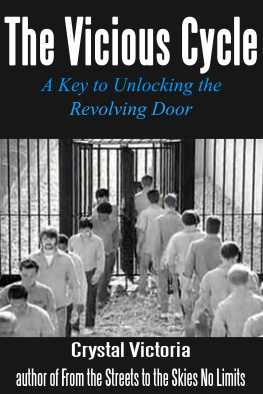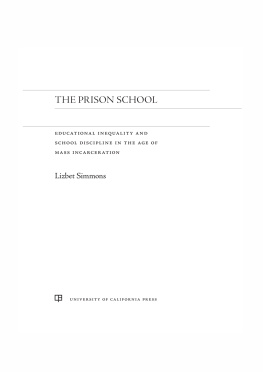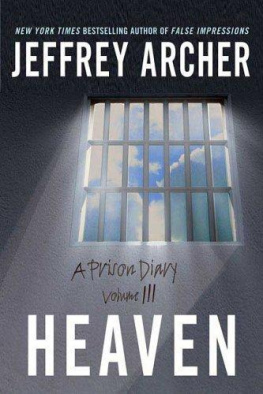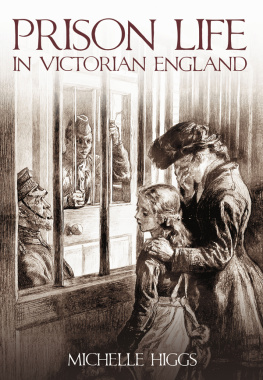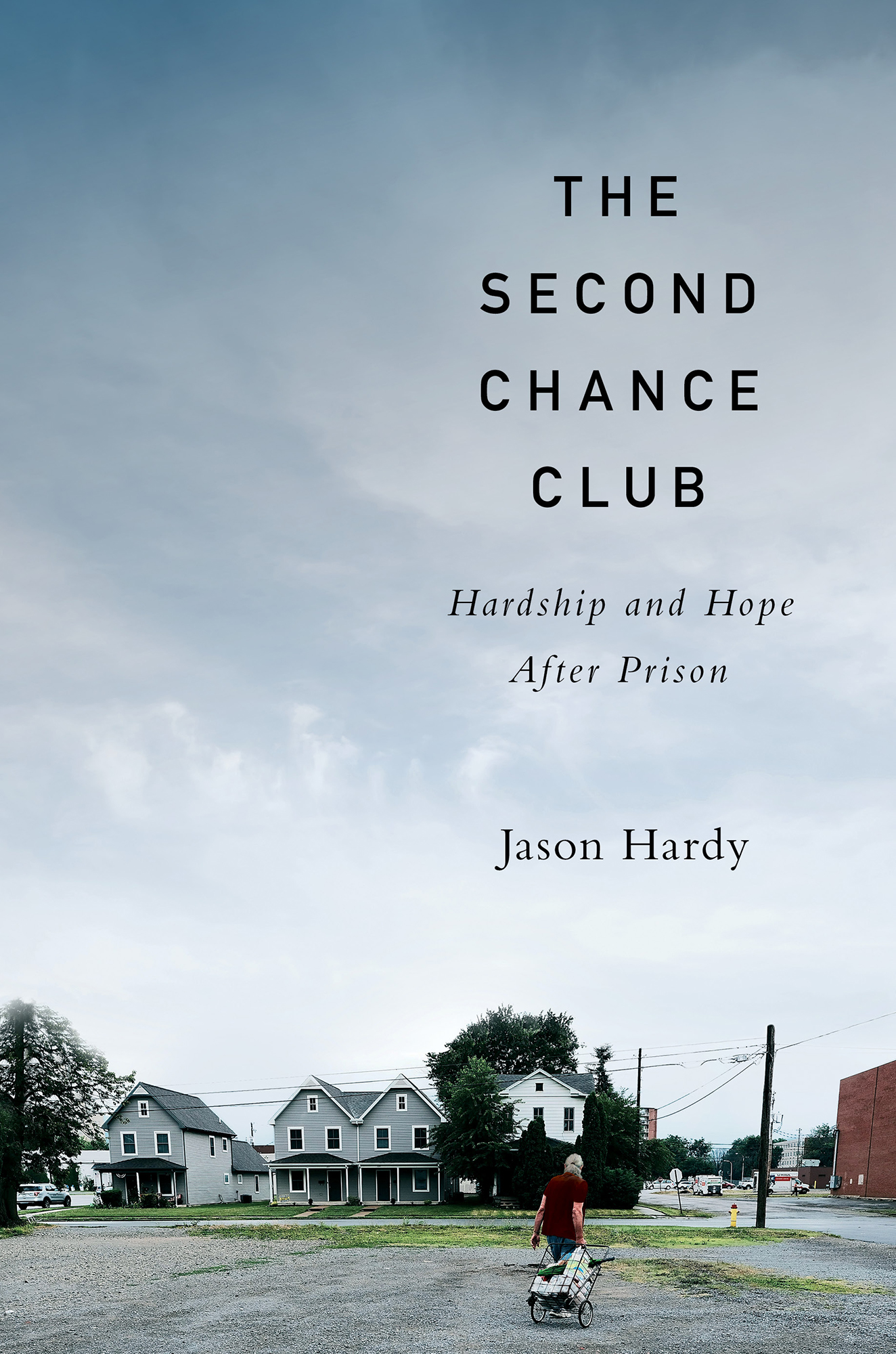Contents
Guide
For Kristin
AUTHORS NOTE
This is a work of nonfiction. I have described real people but changed names and certain details. My accounts would fairly reflect any number of cases, in New Orleans and elsewhere, which is just to say that as unsettling as much of this is, it happens every day.
INTRODUCTION
The summer heat in New Orleans drove most drug dealers inside by noon. By one oclock, only the addicts remained on the street, resigned to waiting for the market to reopen at dusk. The Landry brothers usually spent most of the day inside, but the air at their house was out. The two brothers and the three big dogs were seated on the front steps when I showed up. I was the probation and parole officerthe PO, as we were knownto both brothers. I was new to the job, but probation and parole visits were old hat to the Landrys, and they let me know with a nod that they were in the middle of something and would be with me in a minute.
Javaron, the older one, had just turned thirty. He was short and stout like a college wrestler, with small, serious eyes. Ronald was as thin as a picket and covered in scars incurred during the violent epileptic fits hed been having since he was a teenager. Ronald was twenty-five but could have passed for forty.
The brothers both had cigarettes lit and beer bottles in hand. Between sips and drags they exchanged pages of a police report given to Ronald by his defense attorney. According to the report, Ronald had been the passenger in a car that was pulled over for speeding. Ronald and the driver had been drinking, and the car smelled like weed, which gave the police cause to conduct a search. The weed was already smoked, so the cops didnt find any. The cops werent all that interested in weed anyway. They were looking for guns. They found one under the passengers seat.
The gun was registered to the drivers uncle, and the uncle had given the driver permission to take it. The driver had no permit. In Louisiana, that wasnt a serious problem, but when paired with alcohol, the gun became a misdemeanor offense for the driver. Ronald had two prior drug convictions and one prior gun conviction and was forbidden from being within arms reach of a firearm. For Ronald, riding in a car with a gun in it was a felony.
Youre sitting right on top the motherfucker, Javaron said. Cant believe they gave you bail.
The uncle came in and vouched for us, Ronald said. Hes got that big church on the West Bank.
Javaron side-eyed his brother. Hes got votes is what hes got. Dont think those judges dont know it.
Judicial allotments were pure luck. Political connections or not, there was only one judge in town that Javaron could see letting a probationer walk out of jail with a pending gun charge. One-in-twelve shot, Javaron said, and you fucking hit. He laughed and raised his beer bottle to his brothers good fortune.
I didnt know he had a gun, Ronald told me.
I told him I believed him. It was little consolation. A good report from a PO might convince a judge to go easy on a drug charge, but guns were another matter. Both Landrys knew it. Ronald was lucky to be free now, but he would likely lose his freedom when the case went to trial.
Javaron wagged his beer bottle at me. You want one?
Technically, probationers and parolees werent supposed to be drinking, but no sensible PO bothered enforcing this restriction. Little early for me, I said. Let me do my thing and Ill get out of your hair.
Javaron drained the beer bottle, flicked the cigarette into his overgrown yard, and led the way inside. It was a small three-bedroom house, at most twelve hundred square feet. The Landrys mother had the front bedroom. She was at work answering phones at a doctors office.
Neither of her sons was employed. Ronalds seizures had gotten him sent home from the few jobs hed managed to get. Javaron had spent his twenties in and out of jail, mostly on felony charges related to his work for the local crack dealer, and he considered himself unemployable. I got the impression Javaron was more of an enforcer than a dealer, but hed had a lot of product on him during his last arrest and was sent to prison. Most drug charges, like the one Ronald pleaded guilty to the year before, were resolved with probationin other words, without jail. Javaron served the first two years of his five-year sentence upstate in prison. As long as he didnt get in trouble again, hed spend the next three years under my supervision on parole.
In Louisiana, the probation rules and the parole rules were functionally identical. When conducting a home inspection, it wasnt necessary for me to remember which of the two forms of community supervision the guy I was visiting was on. Most POs referred to probationers and parolees collectively as offenders.
The home inspection had two purposes, and even a rookie could see that they were an odd match. Purpose one was to look for contraband: drugs, guns, stolen property. If I found any, I was supposed to confiscate it, write a police report, and charge the offender with a crime. Purpose two was to make surface-level observations about the health, socioeconomic status, and pattern of life of the offender and the homes other residents and use the data to help the offender turn his life around. In simple terms, purpose one was to put the offender back in jail. Purpose two was to keep him out.
Most of the floor space in Javarons room was occupied by rows of large black kennels. The three dogs Id met outside on the steps were the product of a breeding tree Javaron had kept going for the better part of a decade, with Ronald stepping in to run things when Javaron was in jail. The bedrooms were small and clean, with twin beds and TVs on wicker nightstands. I spent no more than five seconds in each of the three bedrooms and another five in the kitchen and living room.
It was all the time I needed. Home inspections were plain view only. I couldnt open closets or go into drawers unless I developed reasonable suspicion that something illegal was on the premises. Reasonable suspicion, sometimes referred to in law enforcement circles as an educated hunch, was easy enough for a PO to articulate. A long delay in opening the door during daylight hours (early mornings you got more leeway), an overly anxious or combative demeanor on the part of the offender, weed smokeany of these could be cited in a police report as legal justification for a more thorough search.
Quick, courteous inspections were a small but important way of showing offenders that I didnt want to put them in jail. I believed America should get out of the business of punishing people because they had a drug problem, or because they were broke, or because our citys failing schools hadnt prepared them for college or employment.
Id found this job during a late-night Internet dive into the topic of mass incarceration. The third or fourth mass-incarceration article mentioned probation and parole as part of the problem and, potentially, part of the solution. Most of the articles critical of probation and parole as institutions argued that offenders were set up to fail. POs asked too much of them and tried to solve every problem with jail. The answer seemed obvious enough. If reasonable people filled PO positions, outcomes would improve.
It didnt occur to meor, as far as I could tell, to most of the people weighing in on probation and parole matters on the Internetthat POs used jail because jail was the only tool they had. It was all taxpayers were willing to spend money on. Its not hard to understand why. Most people see jail as an investment in public safety. When we think about public safety, we dont think about the costs. As soon as incarcerated people are released, we tend to reclassify them as receivers of social services. Investing in them stops feeling like investing in a less violent, less addicted America. It feels like a handout for people who probably dont deserve it.


